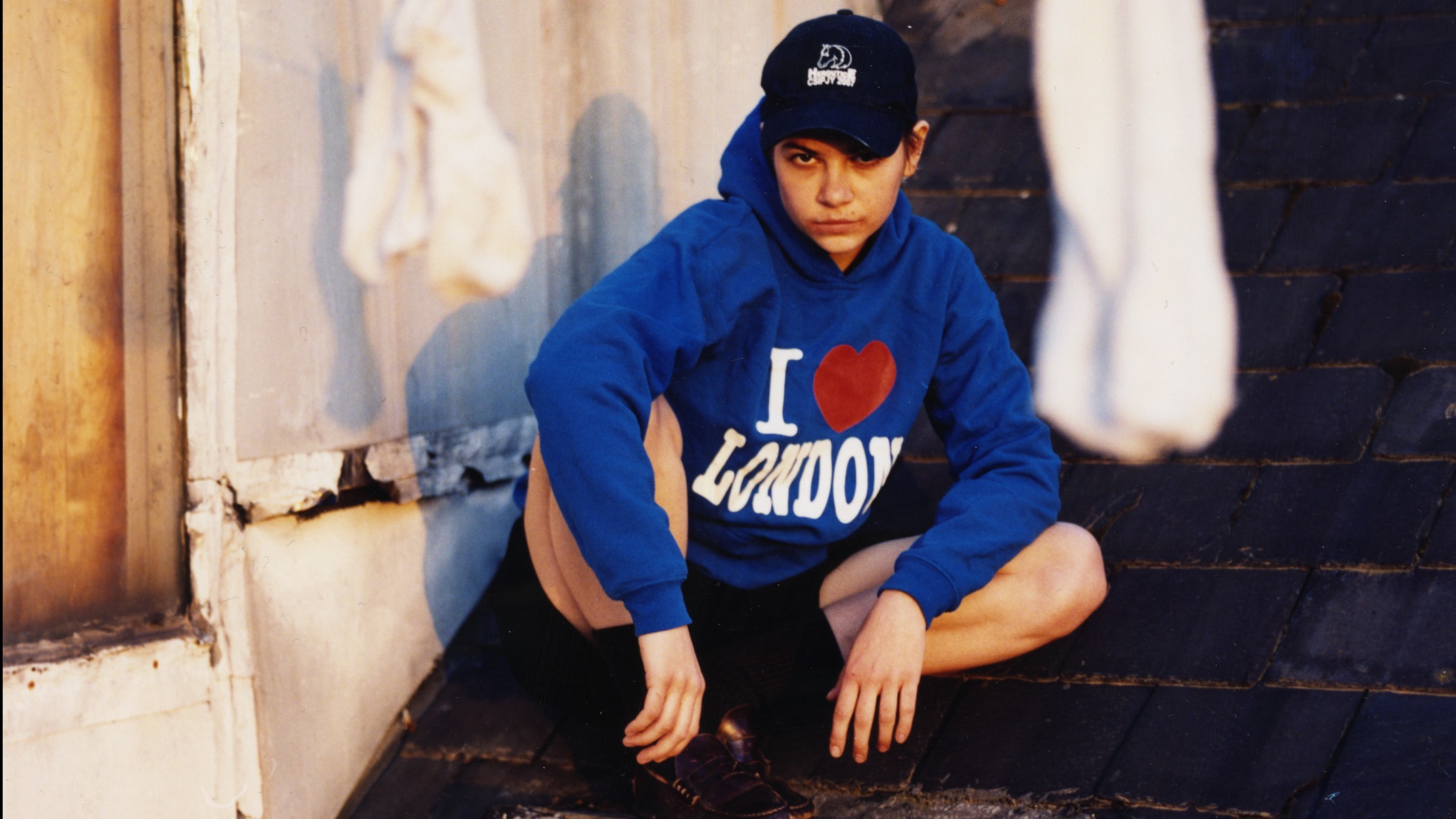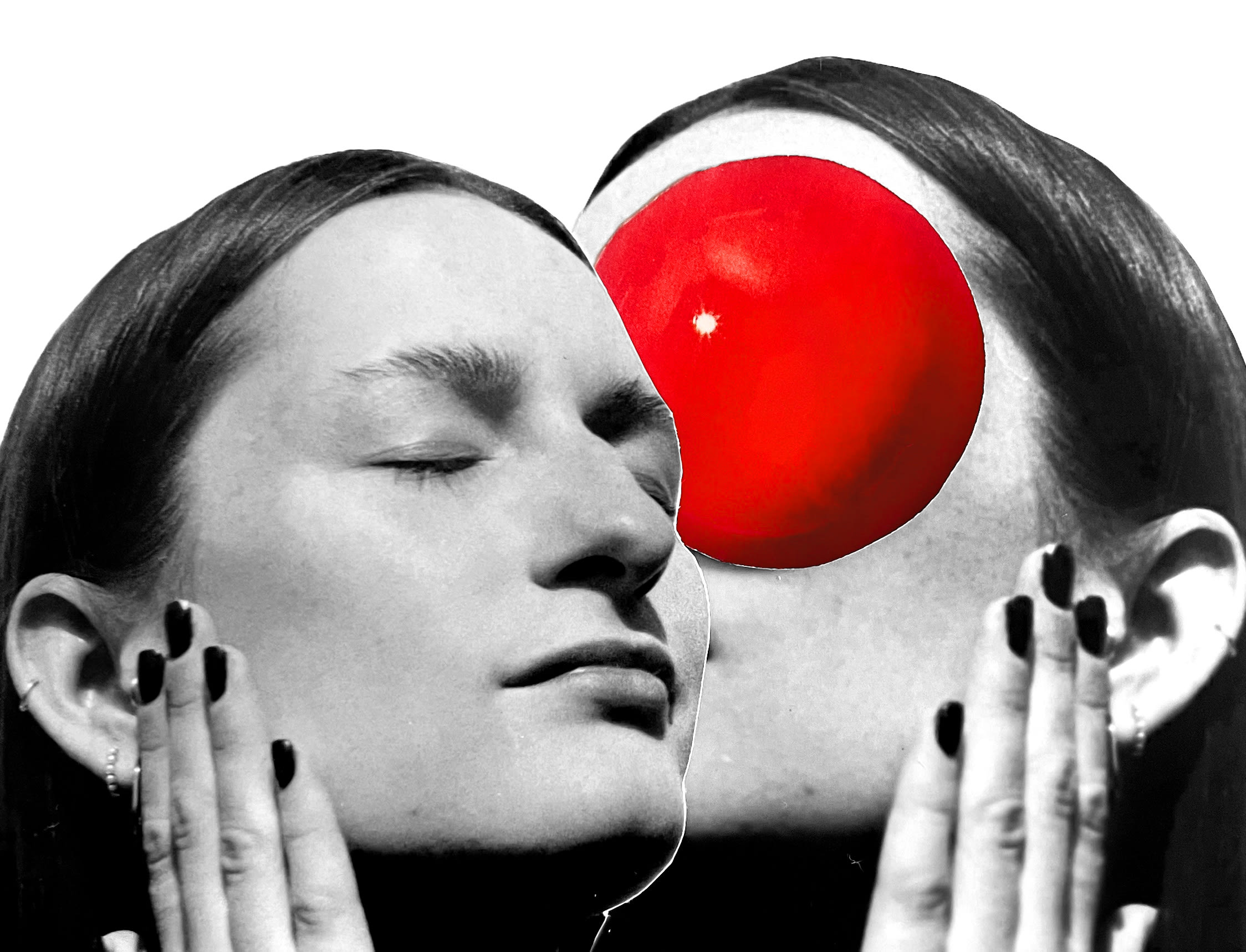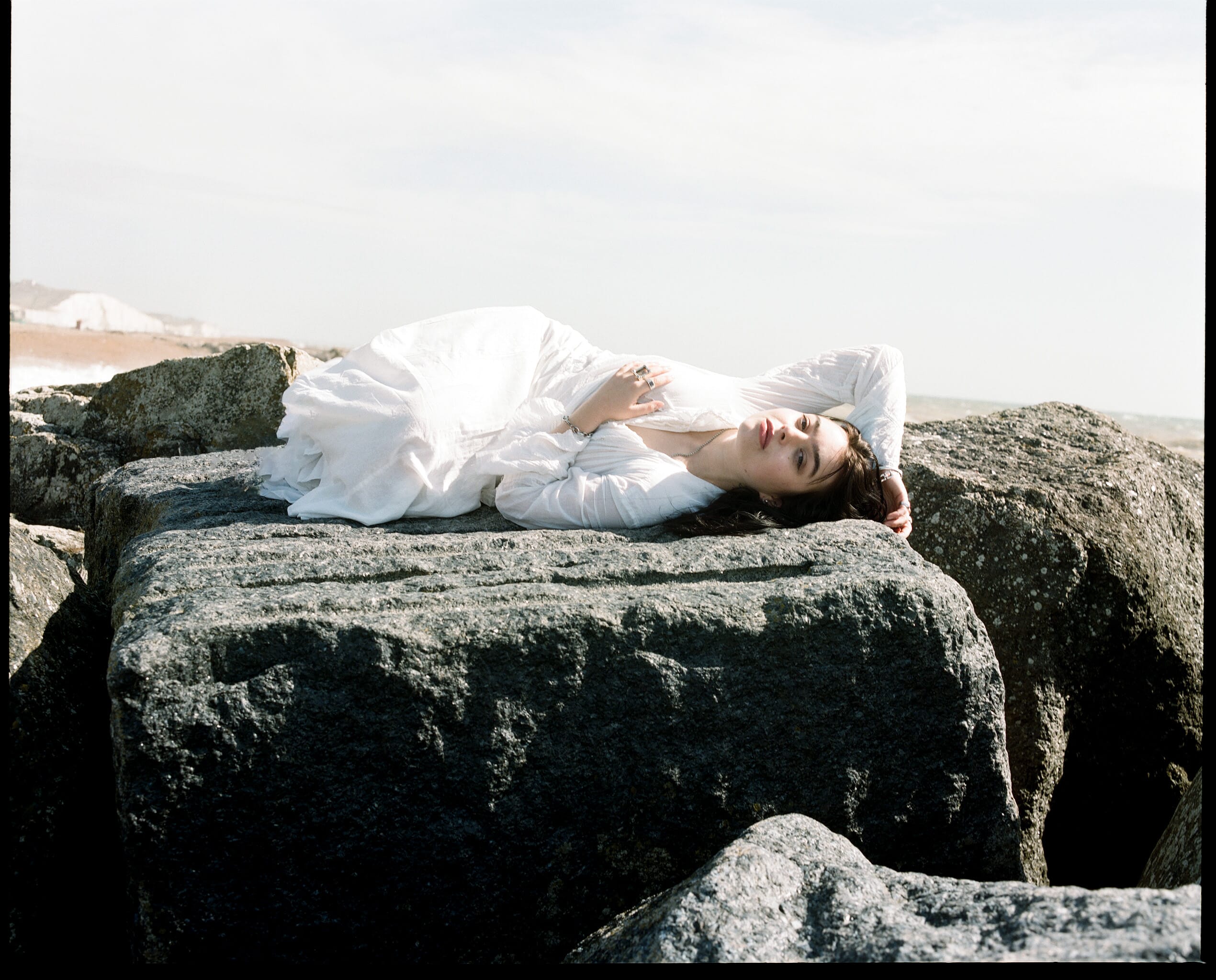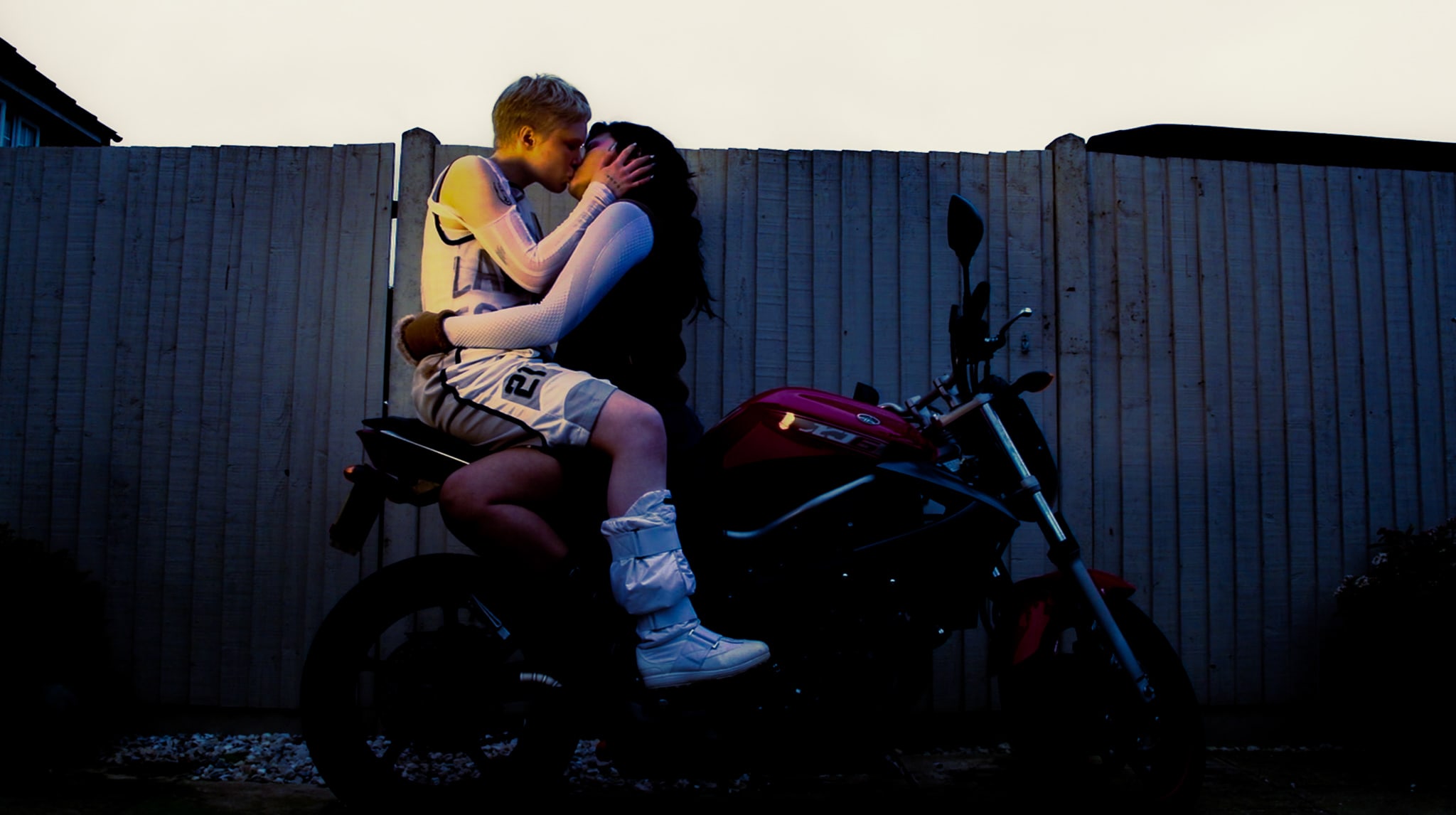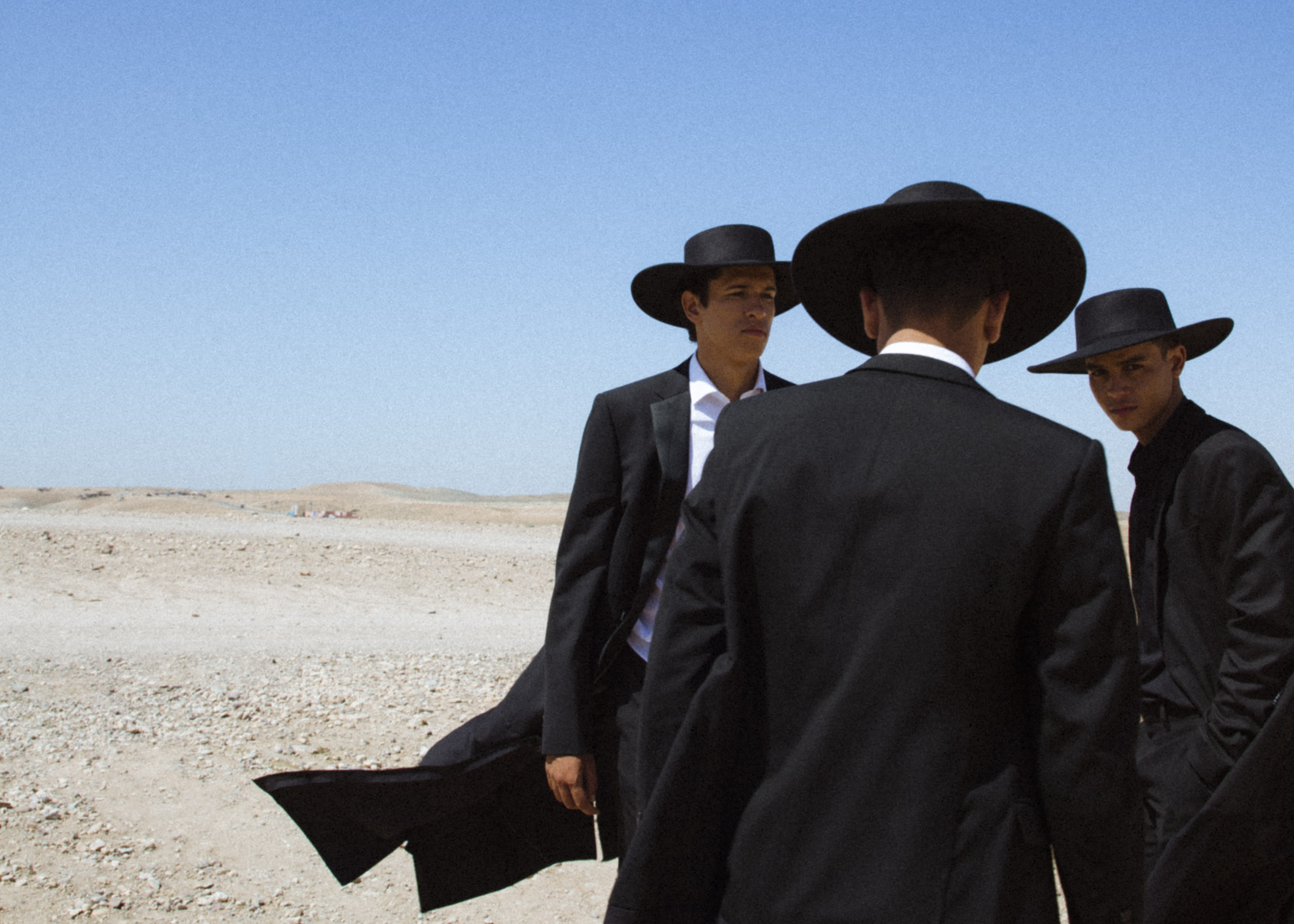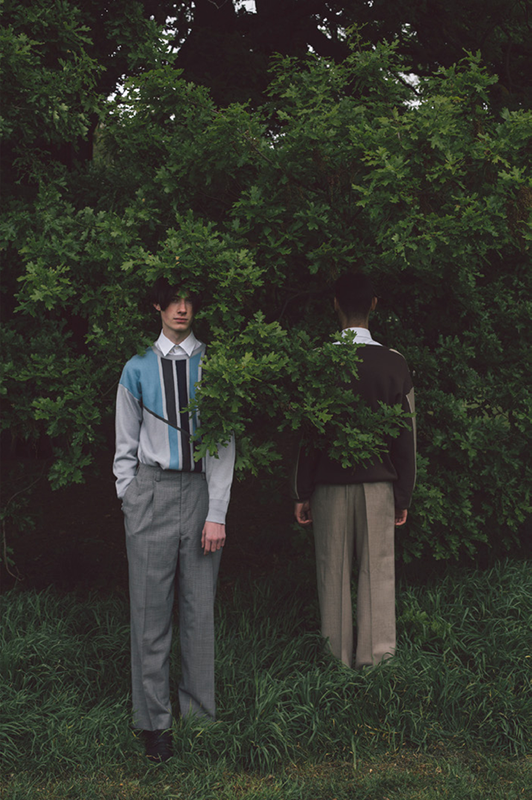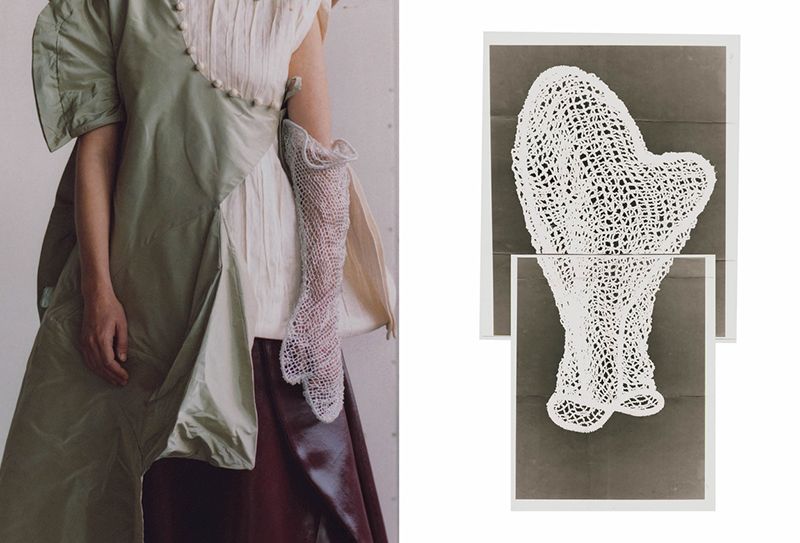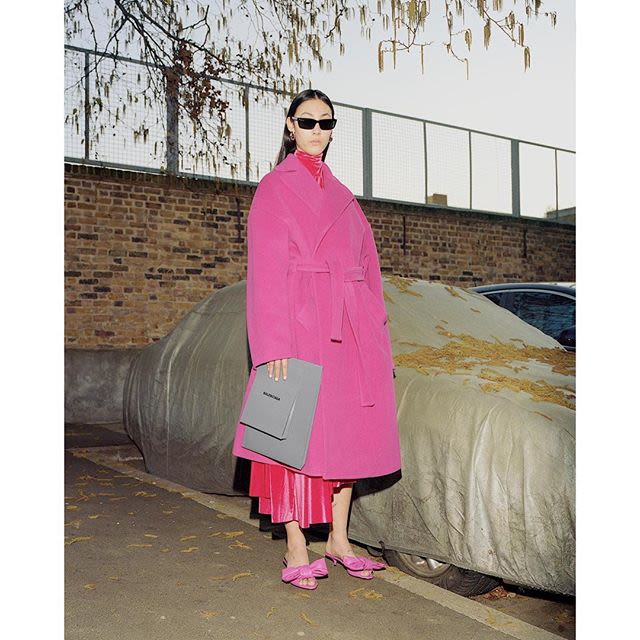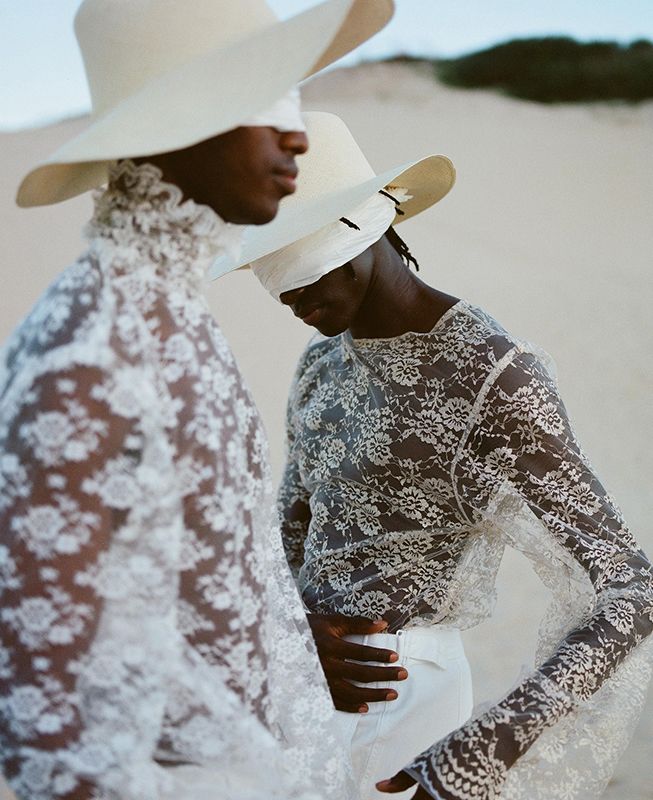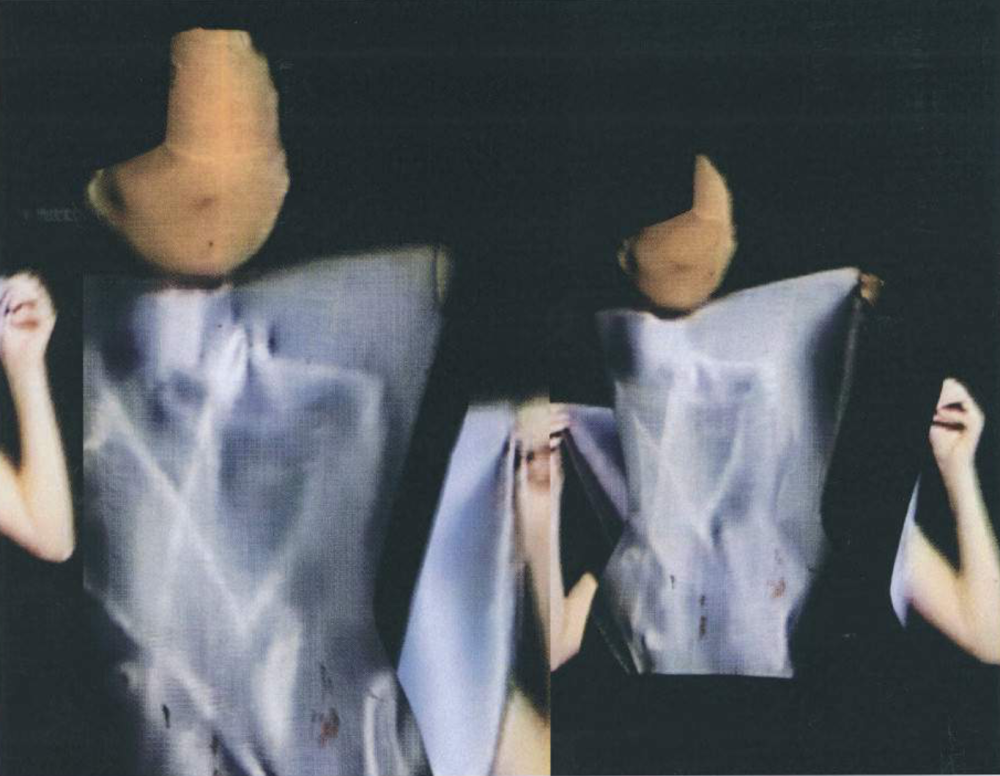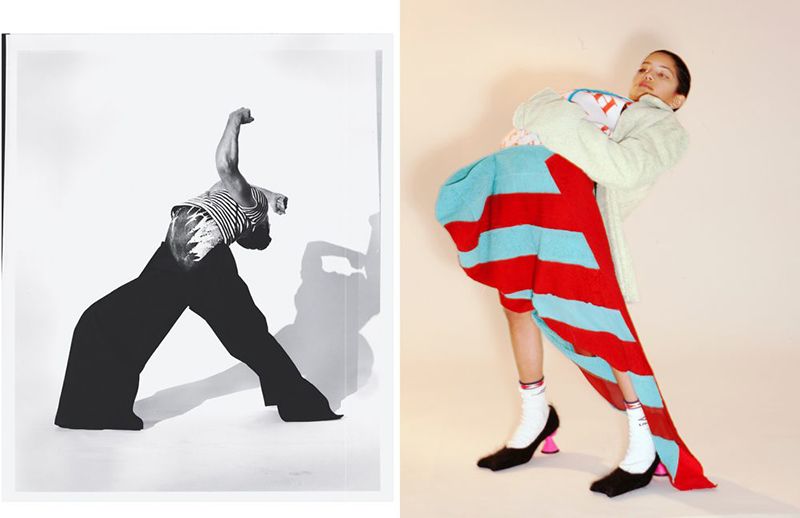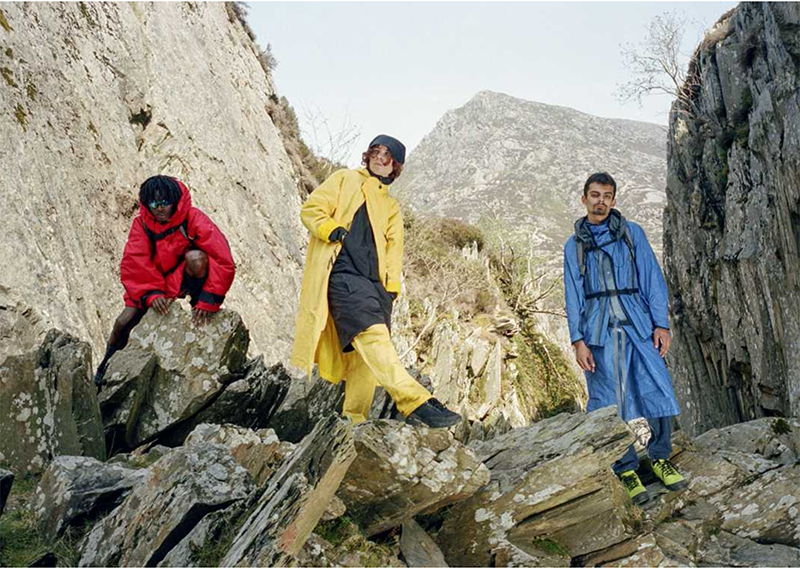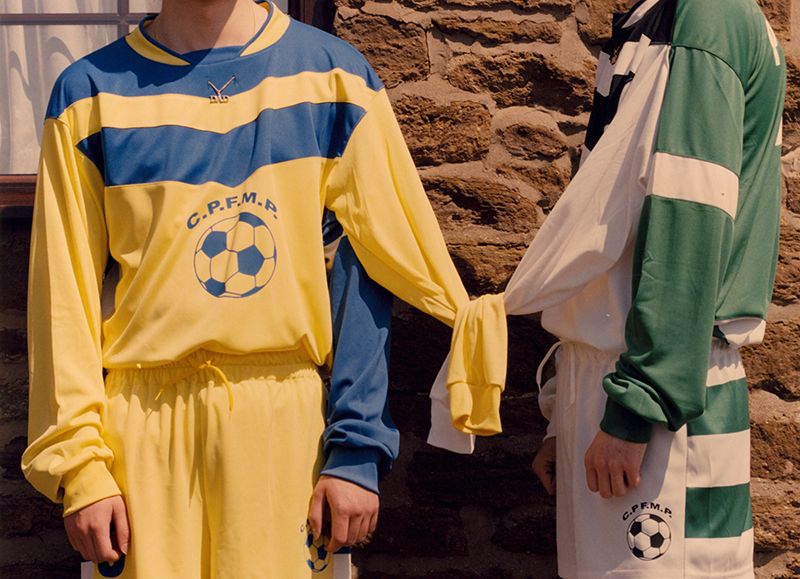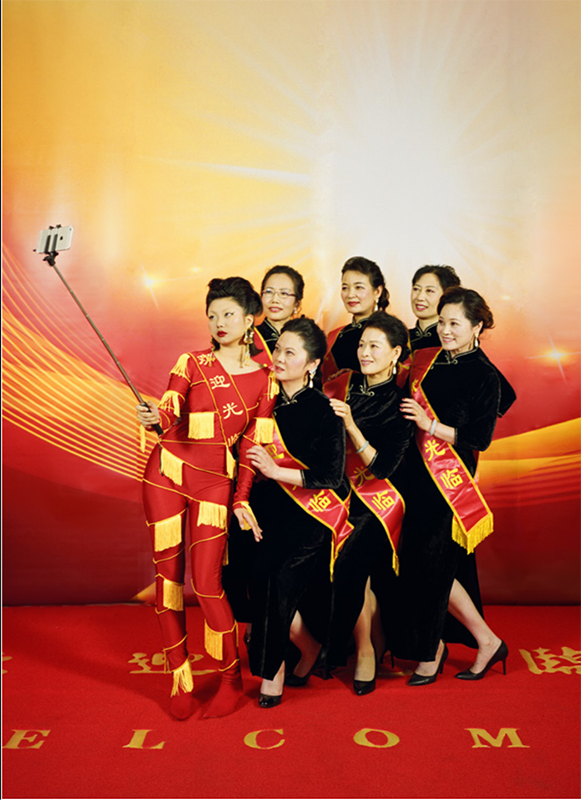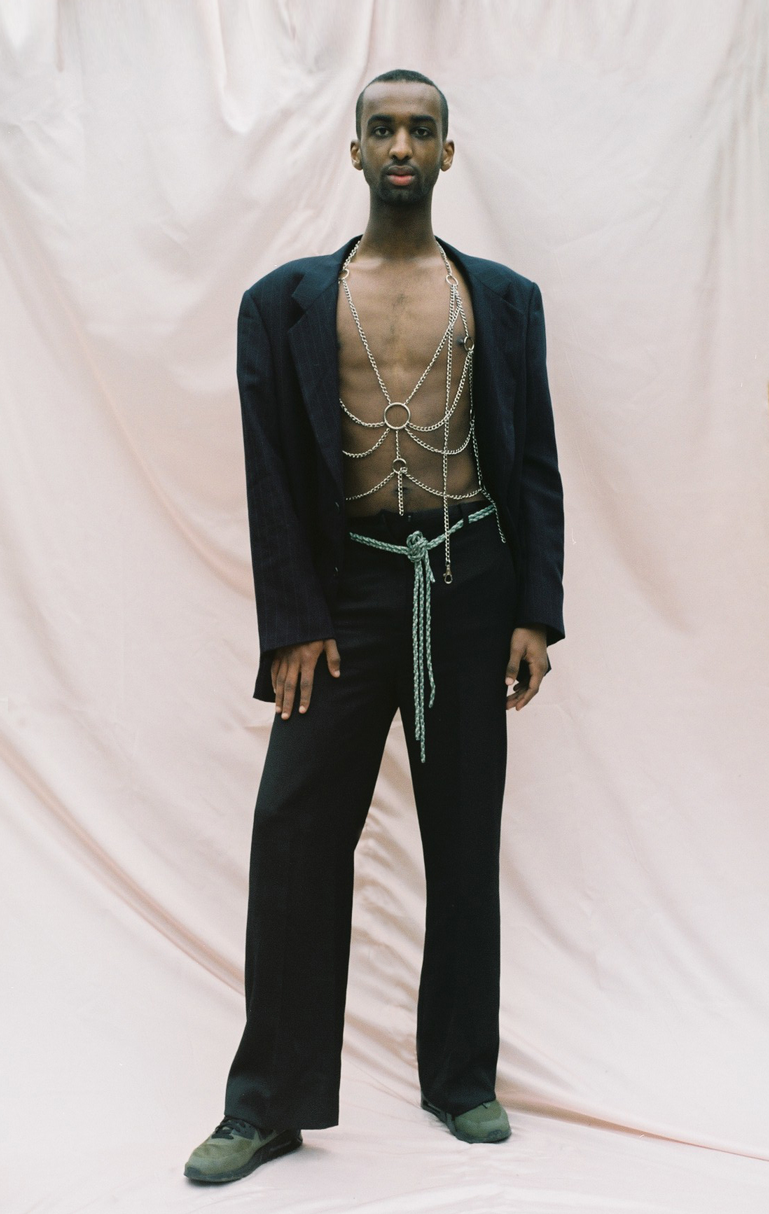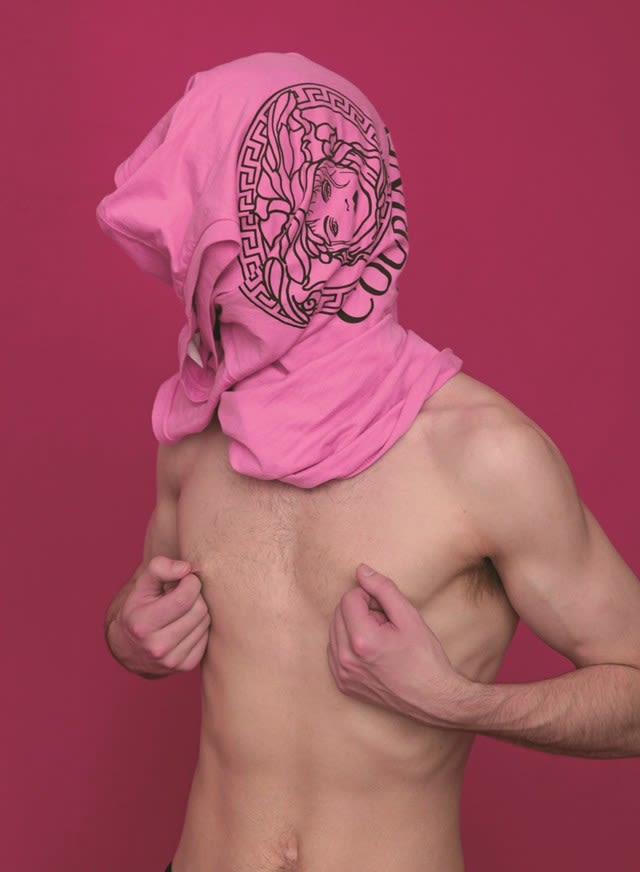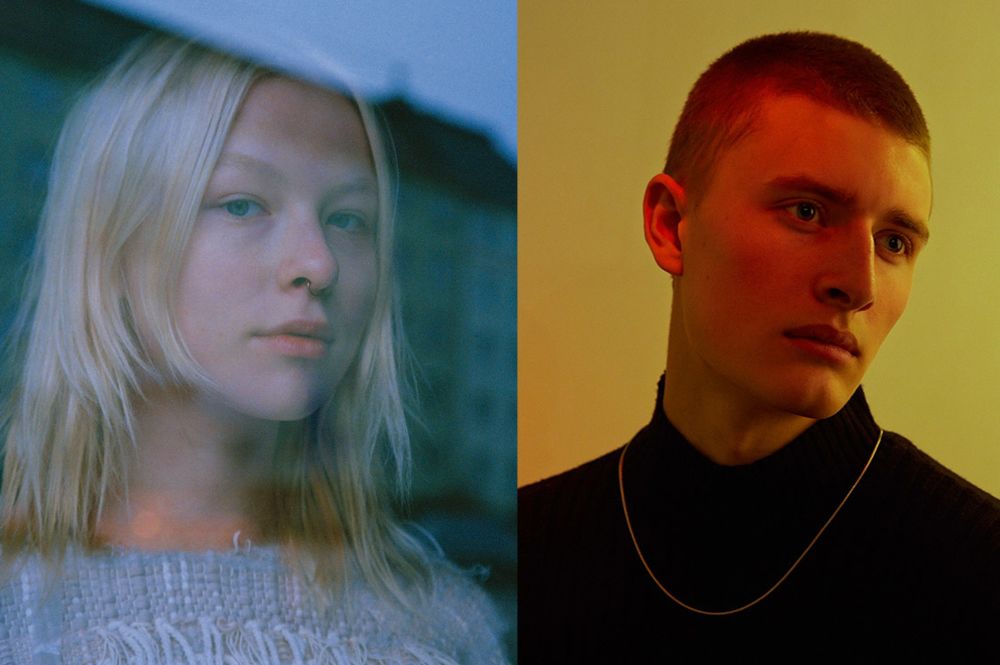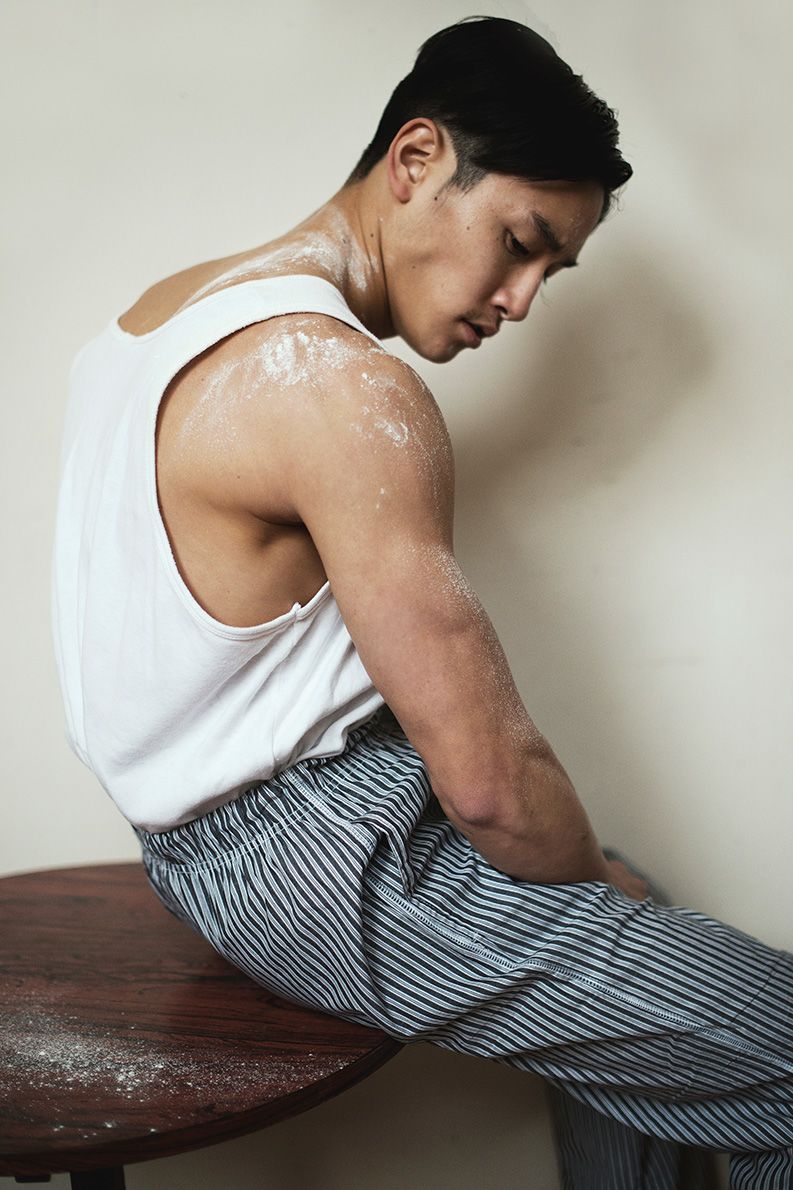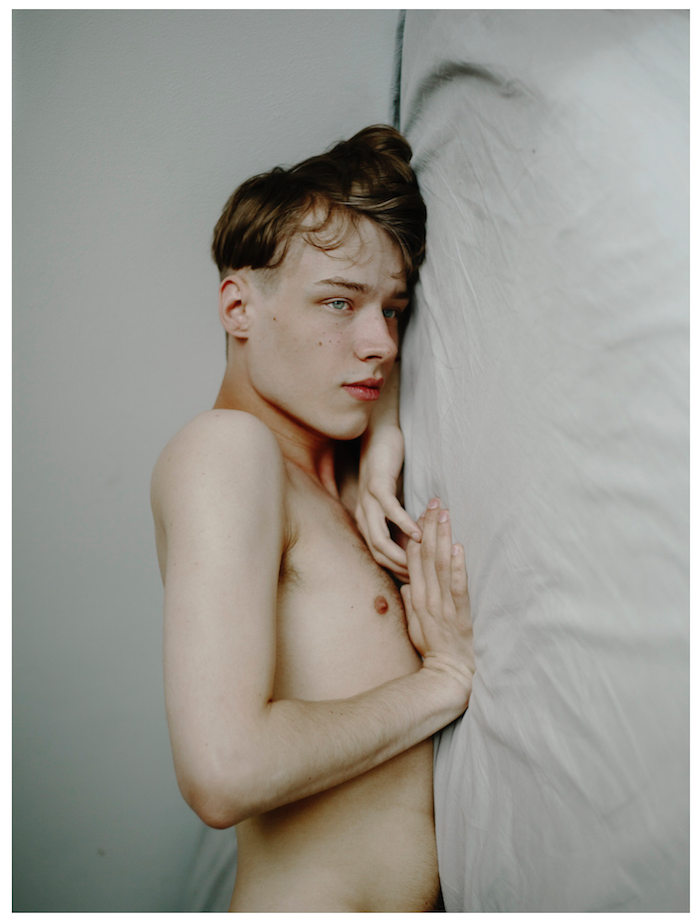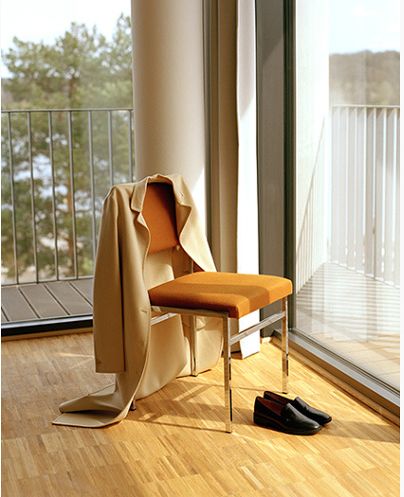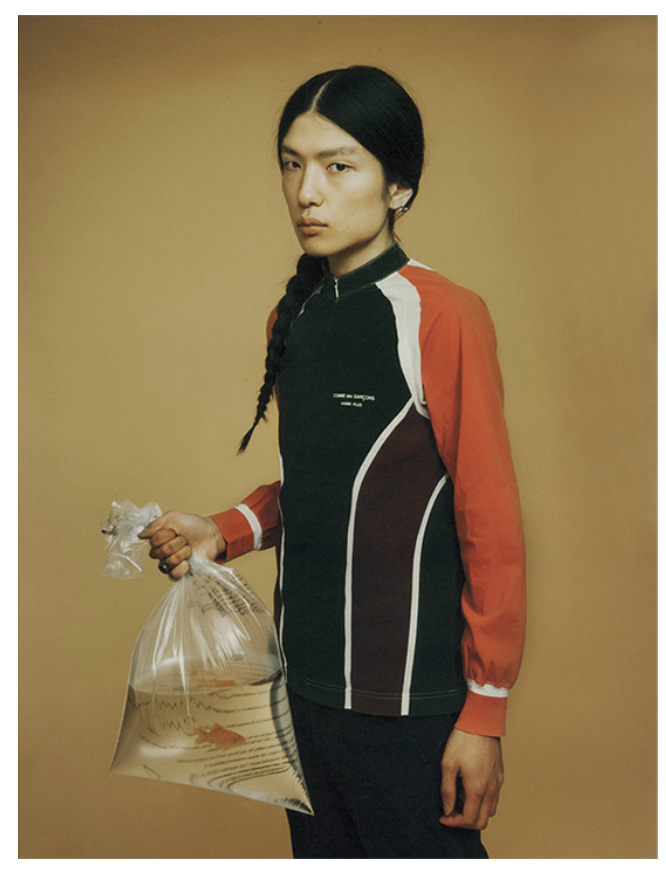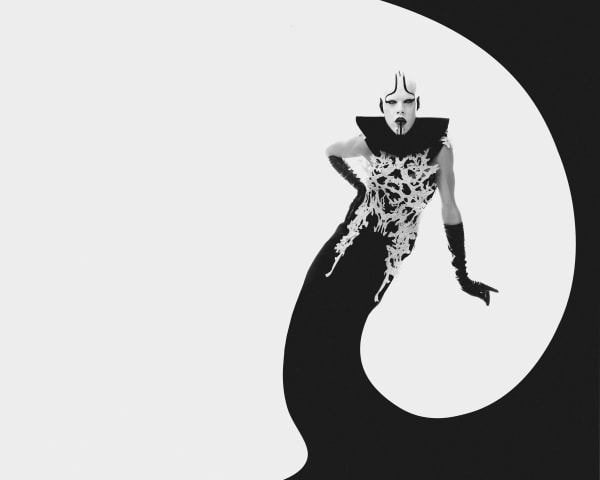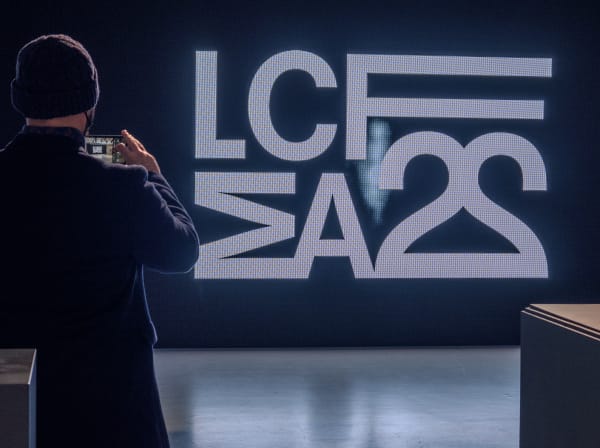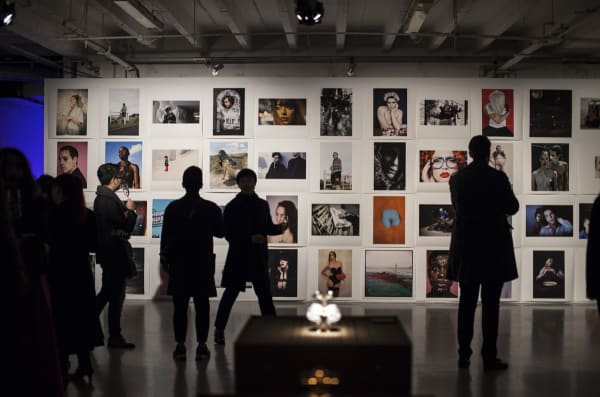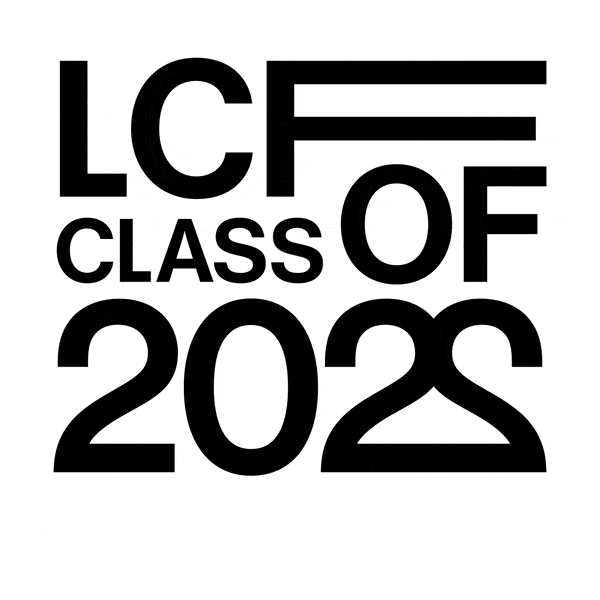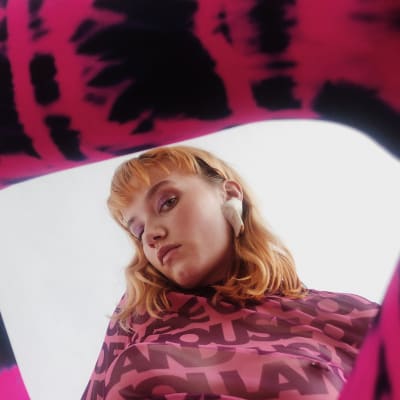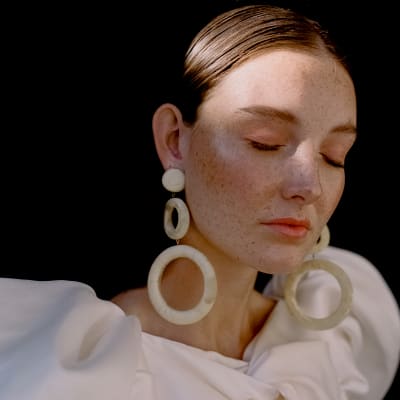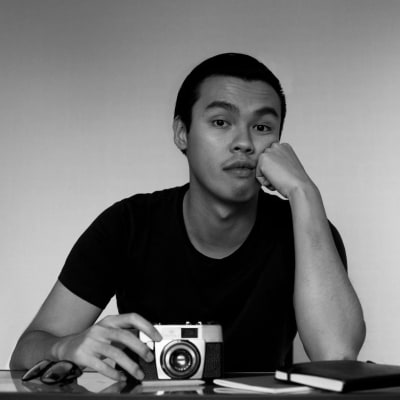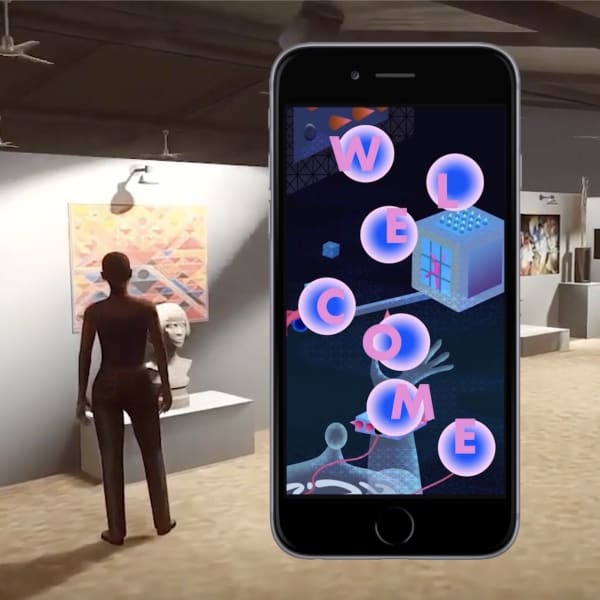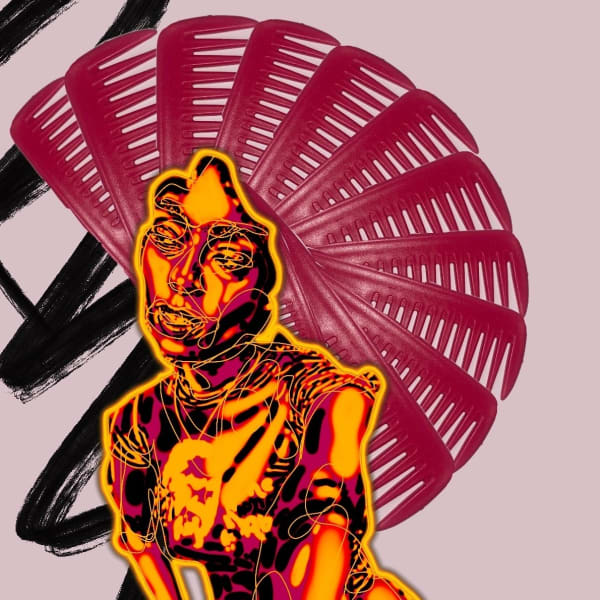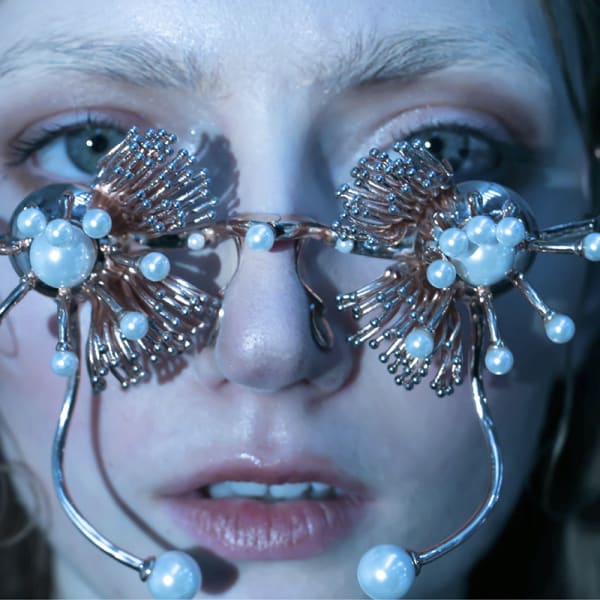Course units
Year one
Introduction to Fashion Photography aims to introduce you to your course and its subject specialism as well as to effective learning and studentship at undergraduate level. It will orientate you to the practices and knowledge base needed to understand your discipline and help you to develop your skills for independent and collaborative learning, reflection and your own self-development. Students come from many diverse educational backgrounds and a part of this unit will enable to reflect on your own background and how that shapes the way you approach to your course.
The Capturing Fashion unit will consider the fundamental practice of photography and the ways in which it forms the foundation for fashion image practice. Consideration will be given to genres, photographic visual codes/conventions, diversity, and associated key practitioners/movements in a global context. Students will be encouraged to explore and experiment with the construction of fashion imagery, incorporating ideological, conceptual, historical, ethical and technical aspects, and consideration of the crucial role that collaboration plays in fashion photography and fashion image practice.
Fashion Cultures and Histories introduces the Cultural and Historical Studies approach to fashion and related areas. The unit provides a broad overview of the subject and introduces key concepts and ways of thinking that will form the basis of subsequent study. It will also inform decisions regarding the Fashion Cultures and Histories unit that is chosen for future study.
Better Lives will provide you with a solid understanding of LCF’s core values and how they connect to your practice. As part of this unit, you will explore diversity, social responsibility and sustainability, themes which you will then apply to a selected project. Your thinking is more important than a finished piece of work at this point. Fashion can change lives; through teaching, specialist research, and collaborative work, this unit will get you thinking differently.
Alongside this, Collaborative Practice: Fashion Spreads emphasises the interdisciplinary and collaborative nature inherent in contemporary fashion media practice. The editorial format will be the focus for this unit, as an opportunity to communicate specific contemporary narratives for fashion consumption that are conceptualised, constructed, art directed, and resolved through collective enterprise and cooperation. You will explore the impact of fashion image in a print/online magazine context and how this is disseminated and received for a diverse audience and in a global context. Utilising teamwork to create contemporary fashion stories you will consider the overlapping roles and responsibilities of each specialism within Fashion Media practice.
Year two
The Cultural and Historical Studies Unit Critical Issues in Fashion Research will broaden or deepen your learning in areas relating to your interests. You will have the opportunity to participate in lectures, seminars and workshops with students from other courses within your School, and will read relevant academic texts and complete a formal academic essay for assessment.
Interaction within and across fashion and media is at the heart of the Fashion Interactions unit, as well as introducing you to the notion of a real-life commission that will provide you with a forum to place your work in the public domain. The unit will provide you with an introduction to fashion fil so you can start identifying who your potential future clients might be and will invite you to consider where your fashion film might become visible by looking at contemporary brands, platforms and new and emerging technologies in the context of the fashion and photographic industries. The unit will introduce you to the relationship between moving image production, commissioning agencies and audiences and will assist you in preparing for professional practice.
The Situating Your Practice unit has two pathways:
Fashioned Spaces: This unit will offer an opportunity to reflect on your developing practise, and consider how your work is situated with regards to contemporary fashion image making, and dissemination. The unit will offer you the opportunity to showcase your specialist creative practice, and curate, produce and display your innovative body of work within a specific context.
Media Placement: This unit aims to develop your professional skills within an industry environment. On your placement, you will be able to experience the pace, atmosphere and discipline of working in the industry, gaining practical experience of the associated roles, functions and operations. With guidance from LCF Graduate Futures, you will be expected to engage and be proactive in securing your own work experience that is suitable to your own personal development, skills, course requirements and career aspirations.
The Fashion Image Futures unit will require you to consider your personal interest and approach to fashion image generation and dissemination producing content for contemporary fashion media sites. You will consider contemporary platforms and their appropriate processes to inform your individual direction for your creative and intellectual investigation. Reflection on previous work will help you to consider your practice and potential direction for your future in the fashion industry.
Optional Diploma Year
CCI Creative Computing
Between years 2 and 3, you can undertake the year-long Diploma in Creative Computing. This will develop your skills in creative computing alongside your degree. After successfully completing the diploma and your undergraduate degree, you’ll graduate with an enhanced degree: BA (Hons) Fashion Photography (with Creative Computing).
CCI Apple Diploma
Between years 2 and 3, you can undertake the year-long Diploma in Apple Development. This will give you an opportunity to become an accredited apple developer alongside your degree. After successfully completing the diploma and your undergraduate degree, you’ll graduate with an enhanced degree: BA (Hons) Fashion Photography (with Apple Development).
Industry DIPS
This optional diploma can be taken between years 2 and 3. With support from your tutors, you’ll undertake an industry placement for a minimum of 100 days/20 weeks. As well as developing industry skills, you’ll gain an additional qualification upon successful completion.
Enterprise DIPS
This optional diploma can be taken between years 2 and 3. With support from your tutors, you’ll undertake an enterprise placement year where you will explore a business idea from proposal to minimal viable product (MVP). As well as developing enterprise skills, you’ll gain an additional qualification upon successful completion.
Year three
The Collaborative Experimental Practice unit will offer you an opportunity to explore and expand the parameters of your work by engaging in collaborations that facilitate experimentation, creative thinking, practical testing and reflective problem solving. Creative outcomes and focused experimentation deriving from this unit could inform the process that you explore and expand upon in your Personal and Professional Project.
You will complete a major piece of written work for the Dissertation Media unit. The overall aim of the dissertation is to provide an opportunity for you to demonstrate your understanding of the critical and analytical perspectives developed within cultural and historical theory, and your ability to apply those perspectives in a specific study. You will undertake a substantial piece of structured primary and secondary research that critically engages with cultural issues relating to fashion, the body, performance, or the media and communications industries and which reflects on contemporary critical debates and concerns.
Finally, the Personal and Professional Project unit provides a framework to produce a substantial body of work to an advanced conceptual and technical level, in addition to an industry-ready portfolio.
